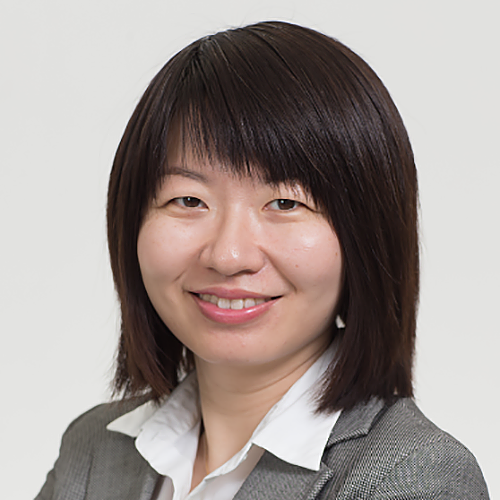As was the case last year, family offices worldwide reduced their cash holdings and shifted resources into public markets in the first quarter of 2024, a new report finds.
They focused on developed large-cap equities, despite the high valuations of many US technology stocks such as the “Magnificent Seven”, according to Citi Private Bank’s Q1 2024 Family Office Investment Report. There was also enthusiasm for developed small and mid-cap equities, highlighting a broadening bull market in the asset class.
These private wealth management firms, however, have proven slightly more ambivalent about fixed income, although they still see value in the investment-grade segment, says the report, which was based on data from the bank’s more than 1,200 single family office clients globally.

In Asia-Pacific, family offices on average increased both their equity and fixed income holdings. Those with larger portfolios at Citi Private Bank boosted their allocations to the former but were flat in the latter.
For fixed income, the region experienced positive net dollar flow for a fifth consecutive quarter. Developed investment grade and developed sovereign contributed the largest positive net dollar flow.
Most buying activity in Asia-Pacific centered on US treasuries and high-quality financial credits. In addition to intermediate-duration bonds, there was buying interest in longer-dated bonds. Developed corporate high yield also saw positive net dollar flow. Buying was broadly diversified across sectors, while selling primarily involved select financial preferred securities.
EM equities see negative dollar flows
For equities, the reqion saw positive net dollar flows for a second quarter, with developed large caps contributing the most. Selling principally focused on US software and internet securities, with buying more widely spread. There was moderate buying in semiconductors and non-US markets such as Japan.
Buying interest was also evident in select Japan-focused active strategies and exchange-traded funds, as well as strategies focused on healthcare and technology.
Emerging market equities saw negative net dollar flows in Asia-Pacific, reversing the previous quarter’s trend, the report says. Both buying and selling were broadly distributed across sectors. South Korea- and India-focused managed strategies and ETFs also saw some interest.
In the case of alternatives, a handful of family offices in the region were mainly responsible for the net dollar flows to hedge funds, while commodities trading was muted.









